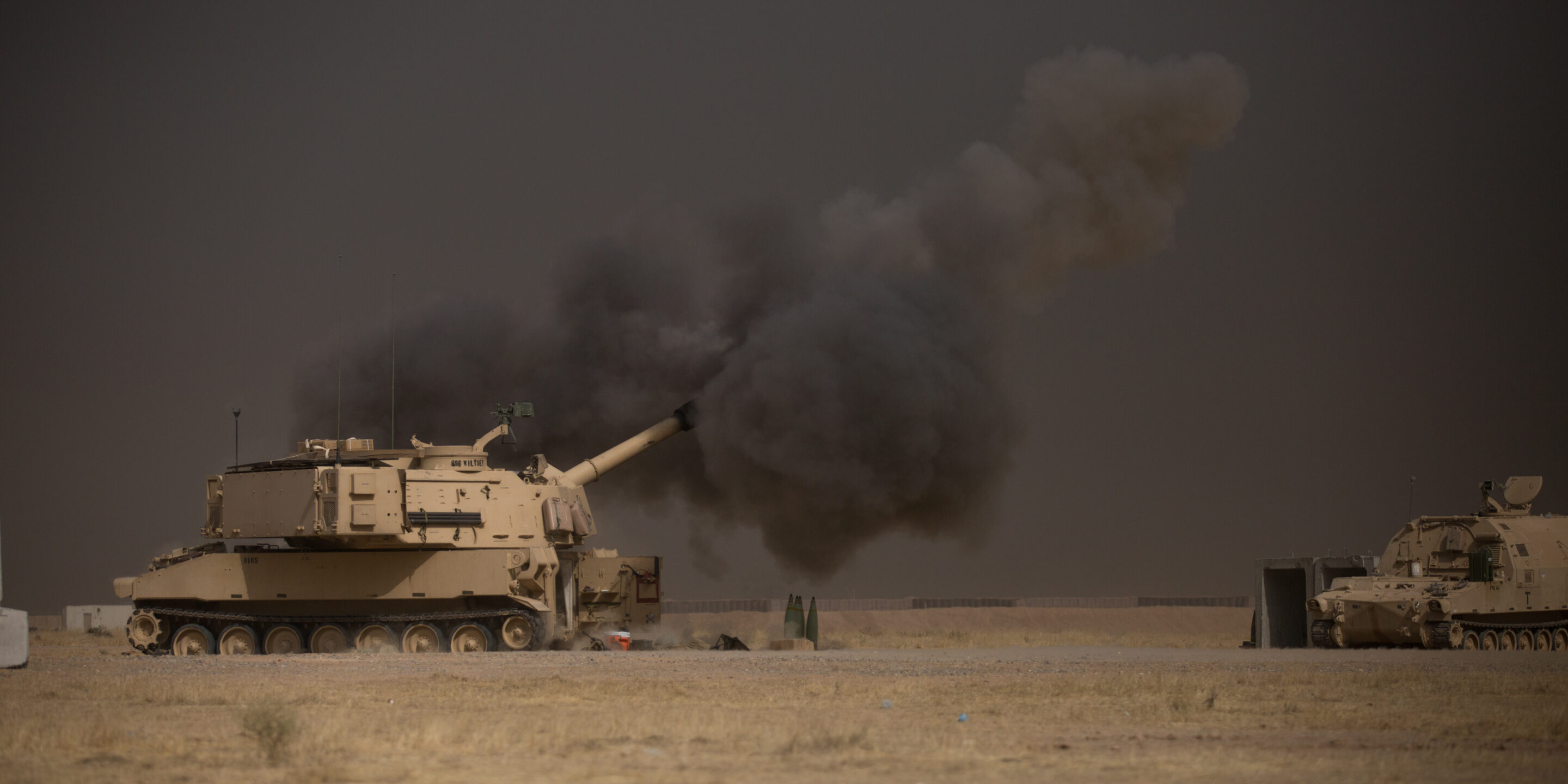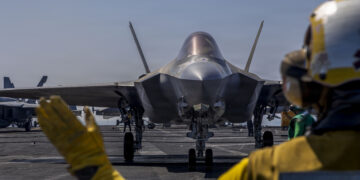January 12, 2024
The U.S. hasn’t run out of runway for Middle East de-escalation

From the moment Hamas launched the October 7 terrorist attack in Israel, the Biden administration has exhibited considerable diplomatic effort in ensuring the war in Gaza doesn’t bleed into other areas of the Middle East. The results have been sub-par.
On October 14, Defense Secretary Lloyd Austin ordered the deployment of the USS Dwight D. Eisenhower to the Eastern Mediterranean “to deter hostile actions against Israel or any efforts toward widening the war” in the region. U.S. officials have used intermediaries to warn Iran and its proxy militia, Hezbollah, to back off. The White House has even sought to restrain Israel at times, successfully dissuading Israeli Prime Minister Benjamin Netanyahu from conducting major preemptive strikes against Hezbollah in Lebanon.
Thus far, the administration has been lucky enough to avoid a multi-front war. But the job is getting more complicated as the days go by. State and non-state actors are pulling the Middle East into the very situation the US has sought to avoid. Fortunately, the U.S. isn’t out of runway and can still duck a full-blown confrontation.
More on Middle East

Featuring Rosemary Kelanic
February 23, 2026

Featuring Jennifer Kavanagh
February 21, 2026

Featuring Rosemary Kelanic
February 21, 2026
Events on Middle East






